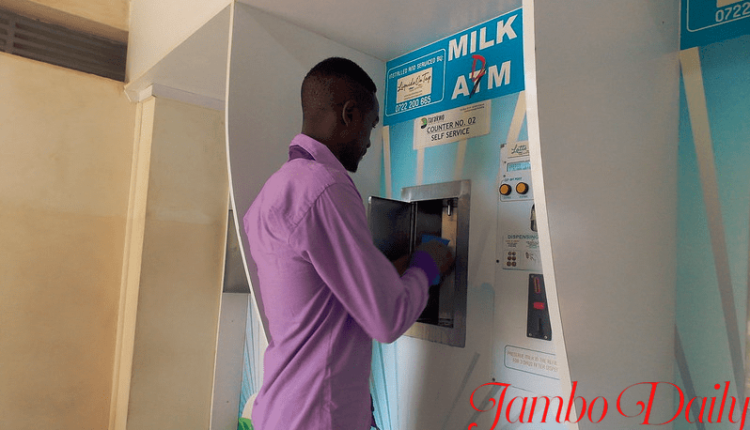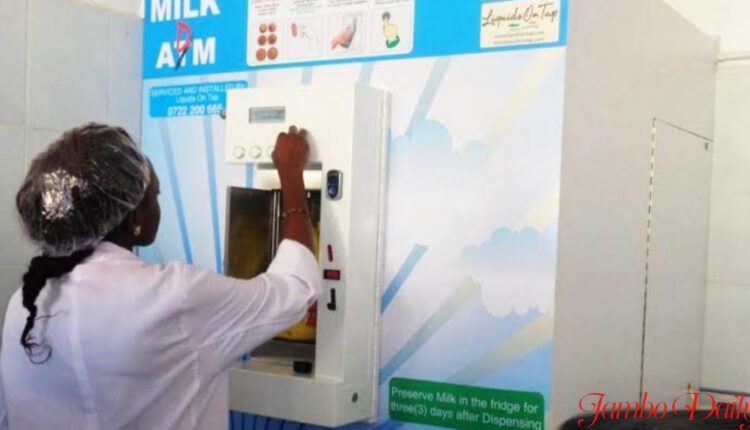
How to Start a Milk Bar Business in Kenya
Due to the high milk consumption in Kenya, opening a milk bar is a lucrative business. In this article, I will walk you through the steps necessary to launch a successful milk bar company in Kenya.
Here is how to start a milk business in Kenya.
How to Start a Milk Bar Business in Kenya
1. Write a business plan
Regardless of the size of your milk bar business, building a comprehensive business strategy is essential to guarantee its success. The business plan is a roadmap for where you want to take your business. A business plan should include; business location, capital, and milk suppliers.
2. Find a suitable business location
The success of your milk bar business depends on its location. Establishing a milk bar business in a high-population area, such as a shopping center or a large city, is a good idea. A successful milk business must have a reliable water supply, enough lighting, and adequate ventilation. Selling milk in locations where it is scarce might increase your earnings.
3. Get a reliable milk supplier
Finding a dependable milk provider is vital to making ends meet. Buy milk directly from large-scale farmers who can supply you with milk at an affordable price. Ensure your suppliers are reliable and can provide fresh milk that does not have water. Finding a low-cost milk provider can help you establish reasonable pricing and make a profit.
4. Acquire business licenses and permits
To start a milk bar business in Kenya, you must have the following three licenses and permits;
- A single business permit. You will obtain it from the county government. The permit may cost between Ksh 7 000 to Ksh 15 000, depending on your business’s size and location.
- Kenya Dairy Board Permit (KBD) Permit. Step one is to call the Kenya Dairy Board office close to your business location and request an inspection notice. The business premises are then inspected to determine if they comply with the set operational and hygiene requirements. Once approved, you can submit the permit application through the Kenya Dairy Board’s online portal.
- Public Health Certificate. Any business handling food must obtain a public health certificate to verify it satisfies sanitary requirements. A county official will inspect the business, and you will receive a certificate if it meets the requirements.
Read also, How to Start a Tailoring Business in Kenya.
5. Launch and market your milk bar business.
Once you launch your milk bar business, you must tell people about it through word of mouth and distributing flyers. Ensure that you offer excellent customer service to maintain and attract new customers.

Cost of starting a milk bar business in Kenya
Before starting a business, one of the most important factors to consider is the availability of capital. The initial expenses will vary based on the size of your business and the number of consumers you want to service.
You will require between Ksh 400,000 and Ksh 600,000 to open a milk bar business. Below is a cost breakdown of opening a milk bar:
- Milk pasteurizer machine – Ksh 250,000
- Milk stock – Ksh. 20,000
- Business Licensing – Ksh 20,000
- Premise rent – Ksh 10,000
- Branding and marketing – Ksh 10,000
Profitability of a milk bar business in Kenya
According to statistics, a milk business may generate an average daily profit of more than Ksh. 3 000.
The average price of a liter of milk from suppliers is Ksh 40. You can sell Ksh 70 and Ksh 80 for a liter of pasteurized milk, depending on where you are. Suppose that you may earn between Ksh 7,000 and Ksh 8,000 per day if you sell 100 liters each day. Your daily earnings will be more than Ksh 3,000.
Read also, How to Start a Photography Business in Kenya.
Read also, How to Start a Nail Salon Business in Kenya.
